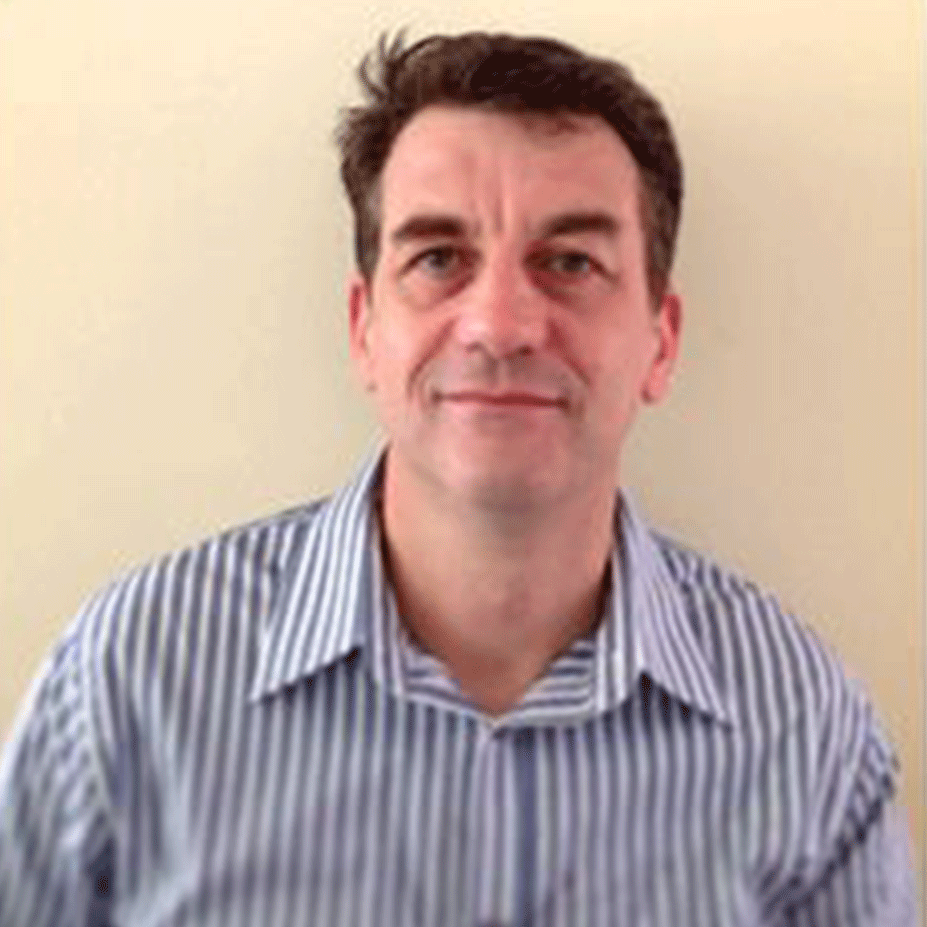
Paul Burton
PB Consultancy Ltd
Counselling, Psychotherapy and Supervision
Focus area
Alcohol & Other Drugs
Alcohol, tobacco and other drugs (AOD) consultant and Trainer.
In line with the drug policy in Australia and an understanding of the recent patterns of drug use and the National Drug Strategy response to policy and practice, there are Models that help understand AOD use in society. These include:
Psychodynamic Model - the basic philosophy being that we can link (problems in) our childhood and gain insight into an individual's unconscious motivation to enhance their self image.
Socio-cultural Model - which has become popular in the last fifteen years- It focuses on society as a whole and not just on individuals.
Roizen Model - or four L's:
- Liver - health
- Lover - relationships
- Lifestyle- financial, livelihood, employment
- Legal - Law
Public Health Model - began in Australia with the National drug summit 1985 and later the National Drug Strategy (NDS)1992-1997 and 1998-2003. This model is an integrated approach and identifies three key factors and the relationship between them. Reflected in the Interaction model (DIE):
- The agent - the characteristics of the drug itself
- The host - the characteristics of the individual or group users.
- The environment - the context of the drug use.
This model is based on the philosophy of harm minimization. The goal is to reduce harm through;
Primary, Secondary and Tertiary prevention.
Harm Minimization Model - acknowledges that drug use will happen although it is not encouraged.
Supply reduction strategies puts emphasis on:
- Reducing access to illicit drugs
- Reducing supply
- Reduce use
- Prevent through education
Involvement with the key stakeholders is crucial for success in the development and the delivery of AOD services. Main streaming AOD interventions into health, law enforcement and education sectors and programs leads for the need to build partnerships between different sectors. This requires all health professionals to have a basic understanding of alcohol and other drugs issues.
The lack of understanding and appreciation of various roles and contributions of different professional groups can lead to dilemmas and tensions.
Stake holders include:
- AOD education and information and development units
- Detoxification programs, Methadone programs, Sobering up units, and Counselling services amongst others
Co-morbidity and dual diagnosis; refers to the presence of more than one disorder over a set period of time, eg:
- A person with mild anxiety also uses cannabis claiming that the drug is helping alleviate his anxiety.
- A person who is alcohol- addicted and also has been diagnosed with panic disorder.
It is often difficult to define the relationship between mental health issues and substance use issues. Which comes first? Is one exacerbating the other? This makes diagnosis and treatment difficult. I suggest personality adaptations plays a pivotal influence.
The Process of change model was developed by Prochaska, Di Clemente and others (1980's):
- Pre-contemplation
- Contemplation
- Determination
- Action
- Maintenance
- Lapse
- Relapse
It is important to work at the clients pace preparing the person to change before providing the skills for change.
Other evidence based therapies and interventions are:
- Brief Interventions
- Motivational Interviewing
- Cognitive- behavioural therapy (CBT)
- Avoidance Strategies
- SMART Goal Setting
- Cognitive Restructuring (A,B,C model)
- Relapse (lapse) prevention and management
FOR MORE INFORMATION about the best services for your needs or to organise an appointment - just give us a call!
Qualifications
- Bachelor of Applied Social Science (Community Services)